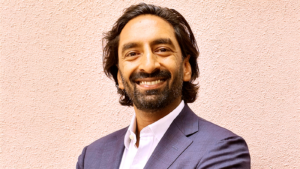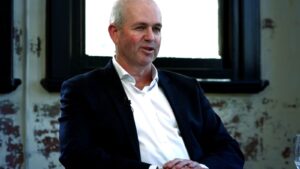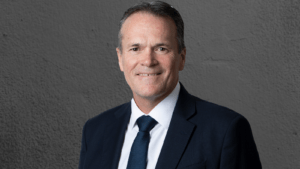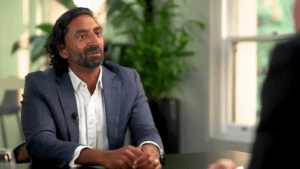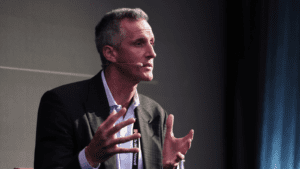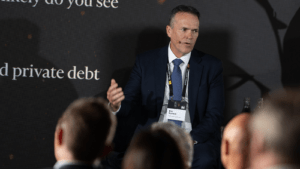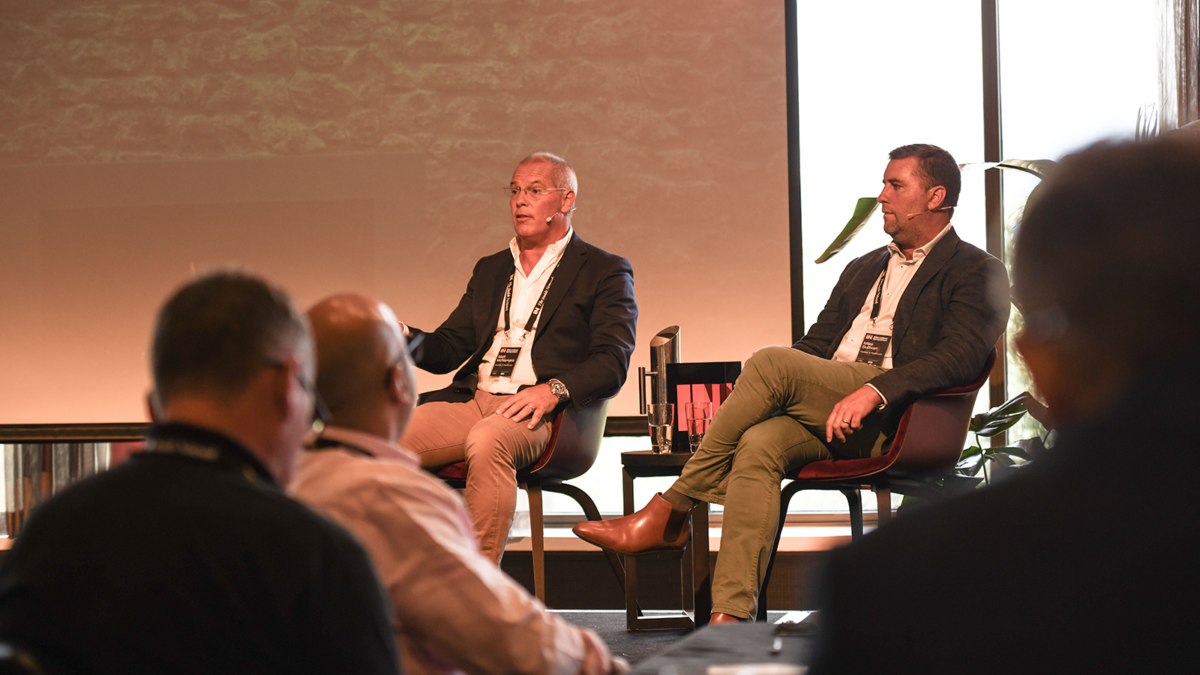-
Sort By
-
Newest
-
Newest
-
Oldest
The planned transition of $44 billion worth of additional Tier 1 (AT1) bank hybrids to Tier 2 capital by 2032 will see the last bank hybrid disappear by March 2032, bringing to an end an era that income-oriented Australian Securities Exchange (ASX) investors will remember mostly fondly. In this guest article, Simon Dawkins, Partner and Head of Capital Markets at Escala Partners, lifts the lid on a better alternative for sophisticated investors.
An audience of advisers, researchers, and asset allocators gathered in Sydney last week for an intimate discussion with Haran Karunakaran, dissecting the unique opportunities and challenges facing fixed income investing today. Against a backdrop of economic uncertainty, where inflationary pressures, central bank policies and liquidity concerns intersect, Karunakaran, fixed income investment director at Capital Group, painted a nuanced picture of an asset class that is experiencing a renaissance — albeit one with caveats.
A confluence of compounding returns, further contributions and tax-paid status make investment bonds an attractive option for grandparents looking to give their loved ones a financial leg-up in life.
Fixed income has evolved tremendously over the decades, but one maxim Roy Keenan has stuck with has lost none of its utility; stick with a process that’s tried and tested, and you’ll keep things from falling apart.
With rates well and truly crested and bonds once again showing their strength as a defensive ballast mechanism, Capital Group believes the time might be right for investors to swap out cash-like investment vehicles for investment grade credit.
With the danger of fractured markets inflated, the need for a truly non-correlative asset is at a premium. And with the default system cleaned up, Fortlake saw an opportunity to provide investors with the ultimate diversifier.
The key to employing defensive assets effectively, Burtenshaw explained, is knowing what it will do and how it will act. “If an asset isn’t actually predictable, then it’s hard to defend,” he said.
The tranche market isn’t the defining feature of Fortlake’s fixed income funds, Baylis explained, but it’s a pivotal tool for the firm’s managers and adds a critical element of non-correlative returns for investors.
Duration is no longer a dirty word. Private debt is a house of cards. Welcome to the new era of fixed income.
As we approach the bottom of the current cycle, fixed income is back to playing its traditional defensive role, says Yarra Capital Management’s Roy Keenan. To get equity-like returns without exposure to defaults, investment-grade credit should do the trick.
Foresters is addressing the gap in responsible fixed income investment by offering a sustainability overlay across its funeral, investment and education bond products.
The uncertainty seen in markets over 2023 will likely continue over the calender year, but Invesco sees a lot of positives for loans that can only benefit investors.


